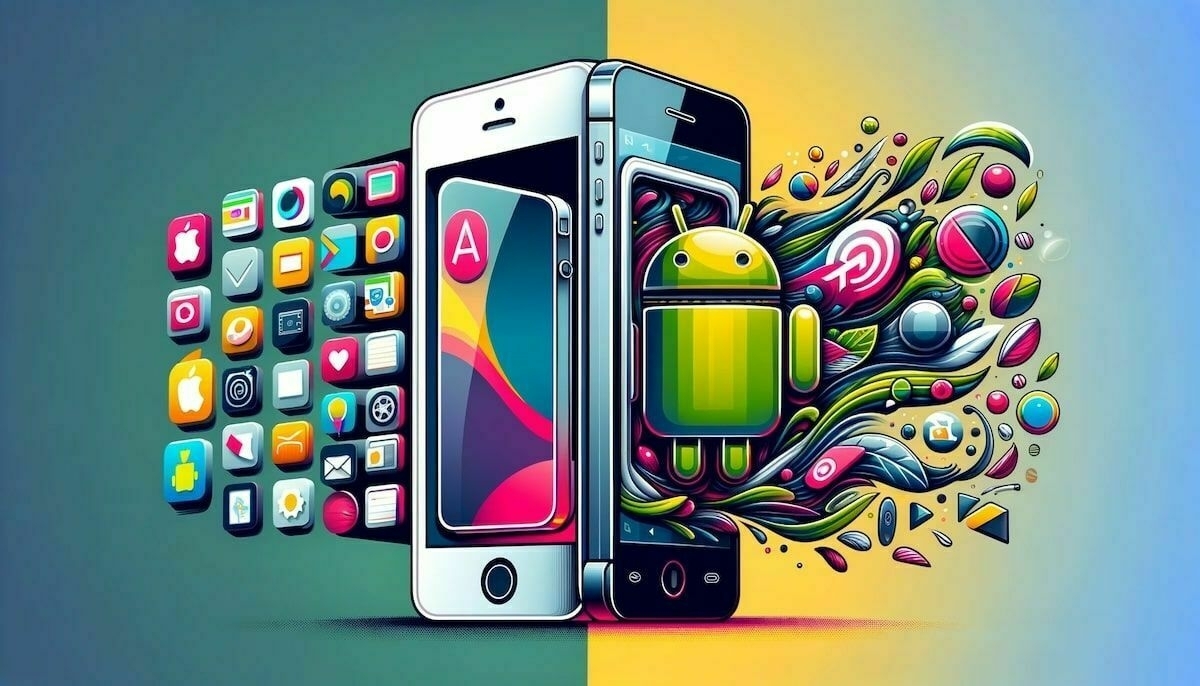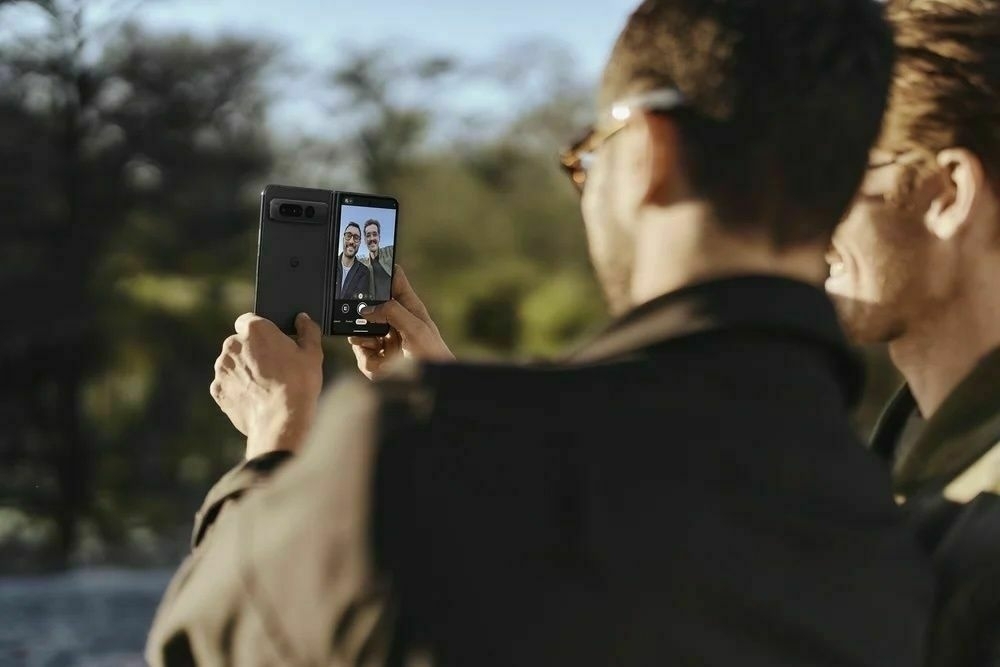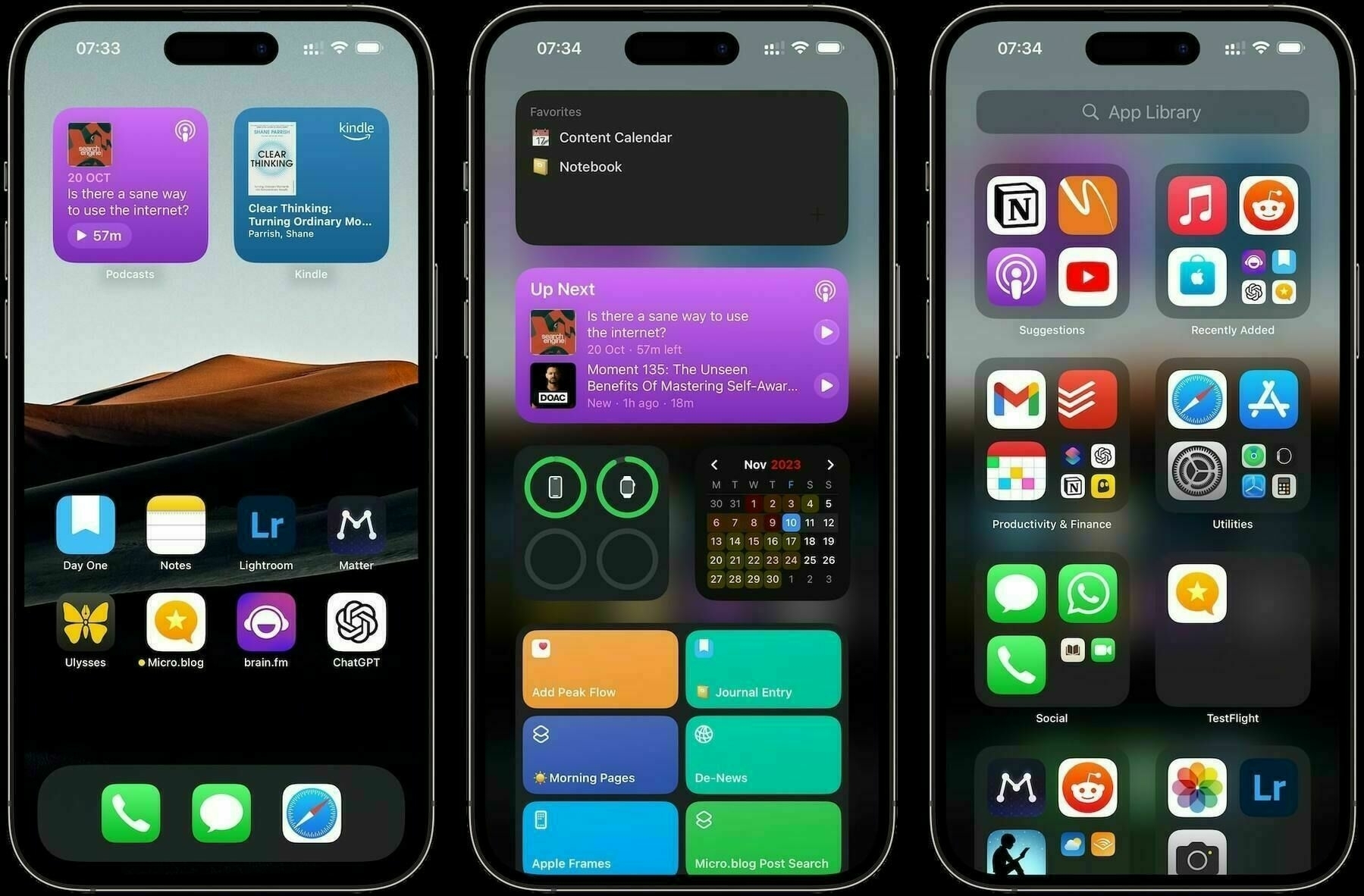I spotted an interesting post by Nick Heer this morning while catching up (also, you should be reading his blog; it’s great). He presents the idea that sometimes hardware is as much of a barrier to switching platforms as software is, which is often overlooked by those considering doing so.
The barrier to switching from, say, an iPhone to Android is usually thought to be software — iMessage, for instance, comes up frequently. However, I think Nick has a valid point worth considering. I started to think about the reasons why I tend to stick with Apple products, particularly the iPhone, and really, it boils down to three areas: hardware quality, with a focus on the camera, and the app ecosystem.
Hardware
I have written about my journey of becoming entrenched in the Apple ecosystem. Until the iPhone 5s, I was a dedicated Android user. I had used the iPhone 3G for a while but didn’t truly enjoy it, and bought my first Android phone, the Galaxy Nexus. The reason I switched to an iPhone, after a considerable succession of Android phones that never really met the mark, was the hardware.
They all promised to fix short battery life or offer a camera that wasn’t subpar, and I was fed up with having to hack my phone to make it work well. I enjoyed using phones like the Moto X and the Nexus series, but they all left me feeling overall disappointment. The iPhone 5s resolved all the issues I had with poor build quality and disappointing hardware in one fell swoop. It came in a high-quality, really nice feeling package, and I no longer worried about capturing a good photo.
Taking good pictures on Android phones was too laborious. I had to install other camera apps or make other technical adjustments to achieve the desired results. I don’t feel that is the case any more; Android phones are on par with the hardware quality of iPhones, offering more interesting form factors beyond the glass and metal oblong Apple adheres to.
I am no stranger to using Android phones, having recently used the Galaxy Z Fold 5, Pixel Fold, and S23 Ultra for an extended period. What now affects switching is my completely subjective opinion on the pictures from these phones. I am not a fan of the oversaturated Samsung images, nor the processing of the Pixel phones. So, I now stick to iPhones due to my personal tastes; there is no other barrier apart from my preference.
Software
I used to love Android for its utility, constant introduction of new features, and the freedom to customise my phone as I desired. Much of that remains true; however, every time I use it now, I am confused about whose phone it is. Android, in its various forms, seems to push Google services in my face, or adverts if you use a Samsung phone.
The good news is you can usually turn most of these features off and make the phone your own. It just takes more time than it used to, and compared to iPhones, it offers a level of customisation that Apple will never allow. Comparing the OS is a bit like comparing apples to oranges, but what I particularly dislike is the disparity in app quality.
This might be down to the types of apps I use and the fact that I first used them on Apple devices. However, that doesn’t excuse the inferior quality of some cross-platform attempts. That is, if the app is even available, as the likes of Matter and Ulysses just aren’t there. This is no fault of Google or Android, but it is a consideration when thinking about switching. It keeps me using iOS instead of searching for alternatives; the cost versus reward doesn’t add up for me.
Another point worth mentioning, and what was the deciding factor in getting an iPhone in the first place, is the ecosystem. I was introduced to it with an iPad. I won’t ever switch to Windows unless forced, so it just makes sense for me to have the whole Apple package. Every so often, I think I am one of the iSheep people mock, but if that’s the case, I am content knowing what to do and how to get the most out of my ecosystem. Even if, at times, it is frustrating to be so confined.



Leave A Reply Instead?
Read Comments (0)